
Vol. 37 (November 2019)

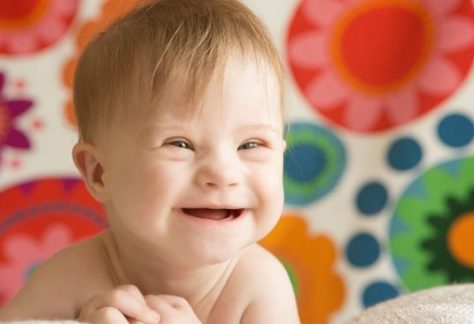
UK : NHS changes its guidance on Down syndrome
Nov. 5, 2019 – After being pressured by parents because of an advice on Down syndrome which amounted to an 'endless lists of problems', the NHS change its web page for more « balanced and informative » guidance. The page also now underlines that screening tests are discretional and not systematic. In Britain, 9 out of 10 parents choose to abort their child with prenatal Down syndrome diagnosis.
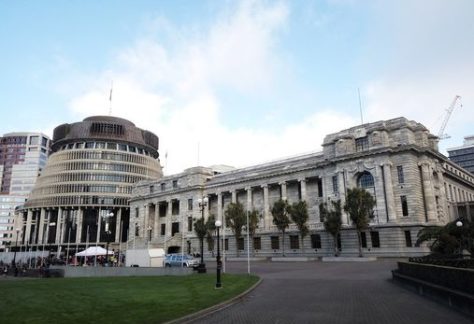
New-Zealand : 1500 doctors sign open letter against euthanasia
Nov. 12, 2019 – Despite a strong opposition from numerous physicians, the Parliament of New-Zealand voted 69 against 51 in favor of a bill legalizing euthanasia for sick persons whose life expectancy is under six months. New Zealanders will vote on the issue in a referendum November next year.

Personal health data sold to tech giants
Nov. 11, 2019 - Tech giants (Google, Facebook, Apple, Amazon) are aggressively looking to buy personal health data, now teaming up with health care providers. The Wall Street Journal notably reported that Google has an under-the-radar partnership with Ascension, America's nation’s second-largest health system. Questions are being asked about the morality of such transactions.
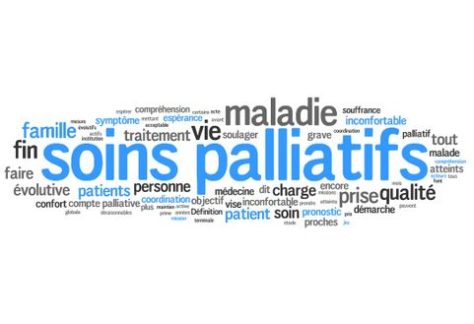
Quebec : Health professionals go out against lack of access to palliative care
Nov. 19, 2019 – The Quebec coalition for access to palliative care blames the FMOQ for blocking the development of 68 units of palliative home care. « The majority of patients in palliative care wish to stay at home and actually, in the Quebec province, they are robbed from this right,” said Dr. Genevieve Dechêne.

Canada : MP Garnett Genuis signs letter on protection of conscience
Nov. 20, 2019 – Member of Parliament Garnett Genuis expresses his support for conscience rights and the late Bill 207 in Alberta in an opinion letter published by The Post Millennial. M. Genuis underlines the strong moral and intellectual basis of conscience protection and points towards a certain understanding of diversity.
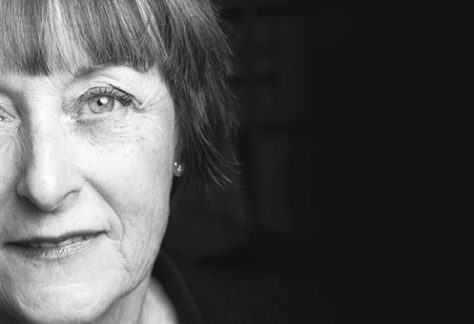
Interview with Margaret Somerville
Read one of the latest interview with Margaret Somerville, professor of ethics and medical law at McGill University, on the subject of euthanasia.

From autonomy to allonomy
By Louis-André Richard, Ph.D., professor of philosophy
How to express briefly the political situation in which we find ourselves? Philosopher Alexis De Tocqueville noticed how the search for equality, the foundation of democratic life, gave birth to individualism. Individualistic logic is at the basis of what we now see as “autonomy”, that is, the freedom for everyone to follow a norm or rule that he has chosen. Surely, the concept of autonomy is nothing but new, it is however uncommon in history to reduce it to the claim of unlimited individual rights.
A brief analysis of the history of ideas shows that autonomy was understood as a quality dependant to otherness or, in other words, as a way of acting freely that involves others. This is why my research on the subject led me to speak of “allonomy” (“allo” [other] and nomos [“law or rule”]) as a better concept to grasp human freedom. It is a substantive noun restoring its raison d’être to an integrated understanding of autonomy where the other is omnipresent. What we mean is another person, of course, but also the recognition of “otherness” in the form of heteronomy, a normative anchoring of our actions on something other than our own will. These anchors differ from one person to another, but some have always accompanied humanity: the sacredness of life and the body, the love of one’s family and one’s homeland, or the openness to the divine word.
Palliative care today responds to a particular context. This new approach of end-of-life care emerged when medicine, with its efficient technological prowess, was at the same time experiencing the limits of its healing posture. Based on the human dimension of patient support, palliative care has ensured that the medical procedure is maintained and even given its human and relational character. After more than 20 years of diligent observation of palliative care actors, I have noticed, not without admiration, how much they have induced a very impressive interpersonal culture. The palliative community is a microsociety marked by the depth of human bonds.
Over time, in the vocabulary of this microsociety, expressions such as “relational autonomy”, “altruistic autonomy” or “reciprocal autonomy” appeared. I discern here a healthy reaction from the experience of ultimate care. It corrects and refocuses on what is essential and refines social and political ties in our liberal democracies. Palliative care is a possible catalyst for a culture of allonomy. But in the current context where social pressure tends to make amalgams between end-of-life care and euthanasia in the form of medical aid in dying, where the common good is reduced to utilitarian claims such as “effective altruism”, the palliative culture is threatened. Will it be able to resist assimilation? In any case, if the palliative experience has felt the need to add a relational aspect to individual autonomy, are there not reasons to reflect on this intrinsic and fundamental link between these two dimensions?
Translated by Maxime Huot Couture

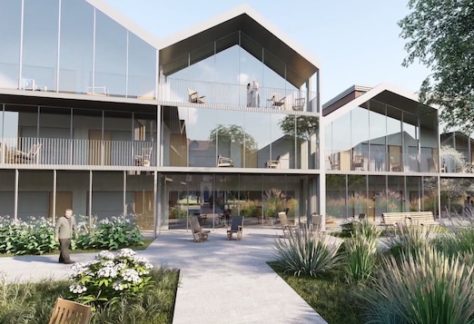
Senior's Homes - Press Release
Read our press release after the announcement of the CAQ governement to finance the construction of 30 senior's homes now until 2022. (FRENCH)
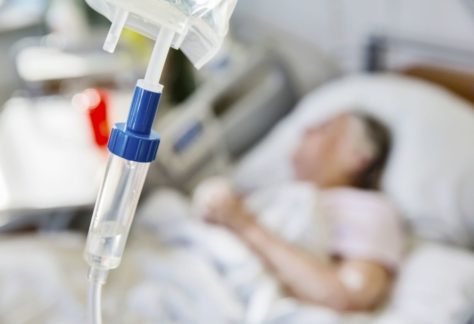
Documentary on euthanasia (14 min)
LWD is sharing resources to inform, discuss and convince people around us about euthanasia. This month, a powerful documentary on euthanasia in Europe.
DEC
2019
